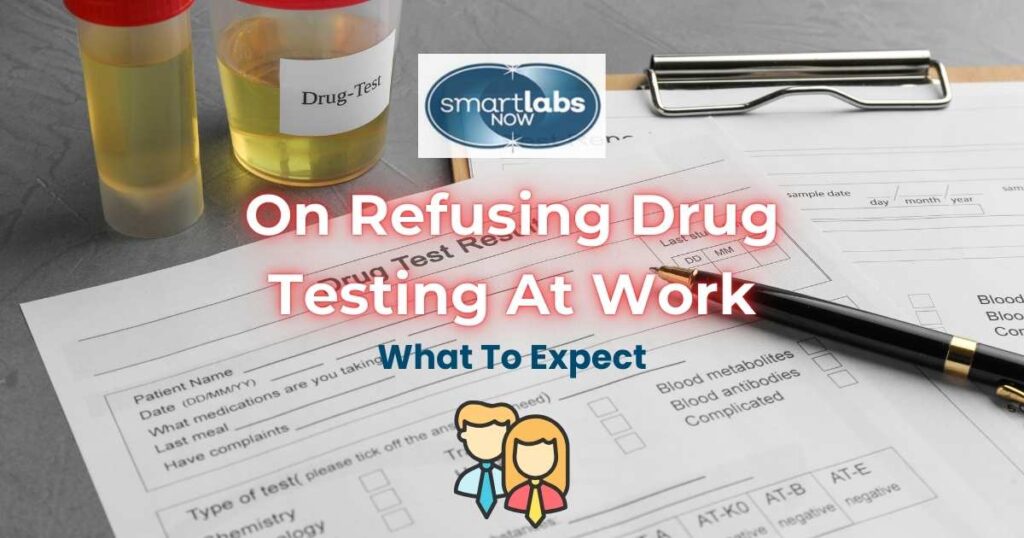
Drug testing in the workplace has become an increasingly common practice, with employers using it to ensure safety, compliance, and productivity.
While a random drug test is legal in many instances, its implementation and the implications of refusal raise questions for employees and employers alike.
This guide unpacks the complexities of workplace drug testing, including employee rights, legal considerations, and the consequences of refusing a test.
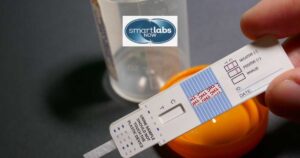
A random drug test involves conducting substance tests on employees without prior notice or scheduling. These tests are typically part of an employer’s drug-free workplace policy and are designed to detect the use of both illegal drugs (e.g., cocaine, methamphetamines) and legal drugs (e.g., prescription medications) that might impair performance or pose safety risks.
Employers implement these tests for several reasons:
While legal, random drug testing must comply with state prohibitions and federal laws, which may restrict testing frequency, methods, or target substances.

Refusing a drug test can have significant consequences for employees. Employers often interpret refusal as a drug testing refusal, equating it to a positive drug test. This perception may trigger adverse action, including:
Employers frequently enforce strict drug-testing policies where refusal is grounds for job loss.
In regulated industries, refusal could jeopardize professional certifications or licenses.
Some states, including Oregon, may deny unemployment benefits to employees who are terminated for refusing a drug test.
Employers must follow strict state laws when implementing drug testing. For instance, in Oregon, the law emphasizes the importance of written policies outlining drug testing procedures. It also limits testing in some circumstances to avoid infringing on employee rights.
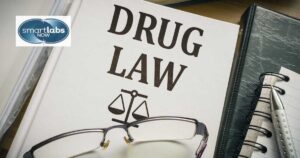
Both federal laws and state regulations shape the legal framework surrounding workplace drug testing. Employers must strike a balance between enforcing a drug-free workplace policy and respecting employee rights.
Local government statutes may also impose additional workplace testing limitations, further influencing how tests are conducted.
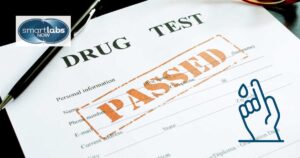
Current employees may undergo drug testing under specific circumstances, as outlined in their employer’s written policy. Common scenarios include:
Regularly scheduled tests for compliance with workplace policies.
Testing as part of an EAP to address substance abuse.
Following workplace accidents to determine if impairment played a role.
Employers must balance employer rights with employee rights, avoiding legal liability for overreach or privacy violations. Employees, in turn, should be aware of their rights under state regulations to challenge improper or invasive testing practices.

When an employer suspects an employee of substance use, they may request a reasonable suspicion drug test. This approach relies on observable behaviors and corroborated evidence, such as:
Employers must document their observations, ensuring logical inferences support the suspicion. Tampered with a drug test or attempts to avoid testing could further validate an employer’s case.

Employees facing legal challenges or unfair treatment related to drug testing should seek help from an employment lawyer. Legal representation can address issues like:
Testing policies that unfairly target specific employees or groups.
Employees may challenge a positive test result, particularly if it stems from legally prescribed medication.
Employers must accommodate legal medication under the ADA when applicable.
Smart Labs Now, a state-certified lab in Portland, Oregon, offers accurate and legally compliant drug testing services, ensuring employers and employees have access to reliable results.

Pre-employment drug testing is a common requirement for new hires, particularly in safety-sensitive industries. Employers must follow legal procedures, including:
These tests serve as a preventive measure, ensuring potential employees align with workplace safety and productivity standards.
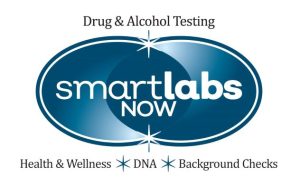
Random drug testing at work is a complex issue, balancing the rights of employees with the obligations of employers. While refusal is an option, it often comes with serious consequences.
Understanding the laws, policies, and protections in place can empower both parties to navigate drug testing effectively and fairly.
If you’re uncertain about your rights or responsibilities, consulting with an employment attorney or reputable testing provider like Smart Labs Now can provide clarity and support 🙂.
Please consult your primary care physician before engaging with any pharmaceutical, natural substances, or activity regimens mentioned or prescribed in this post. Smart Labs Now is not responsible for health or life outcomes based on the information or recommendations provided. This account does not serve as a substitute for professional medical advice/help.